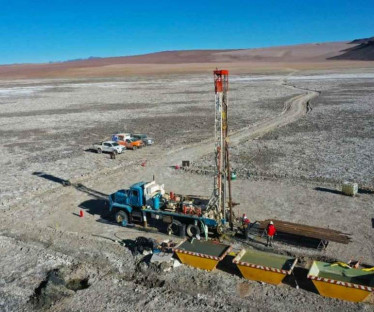Debunking the Lithium "Mining" FUD
Plug In India
MARCH 15, 2023
Using low-carbon fuels or biofuels as the source of heat energy to process lithium and manufacture li-ion batteries would cut carbon emissions by half as per world banks study. [4] For example - the process of obtaining lithium from brines can be more sustainable by condensing evaporated water so it can later be returned to the ground.













Let's personalize your content